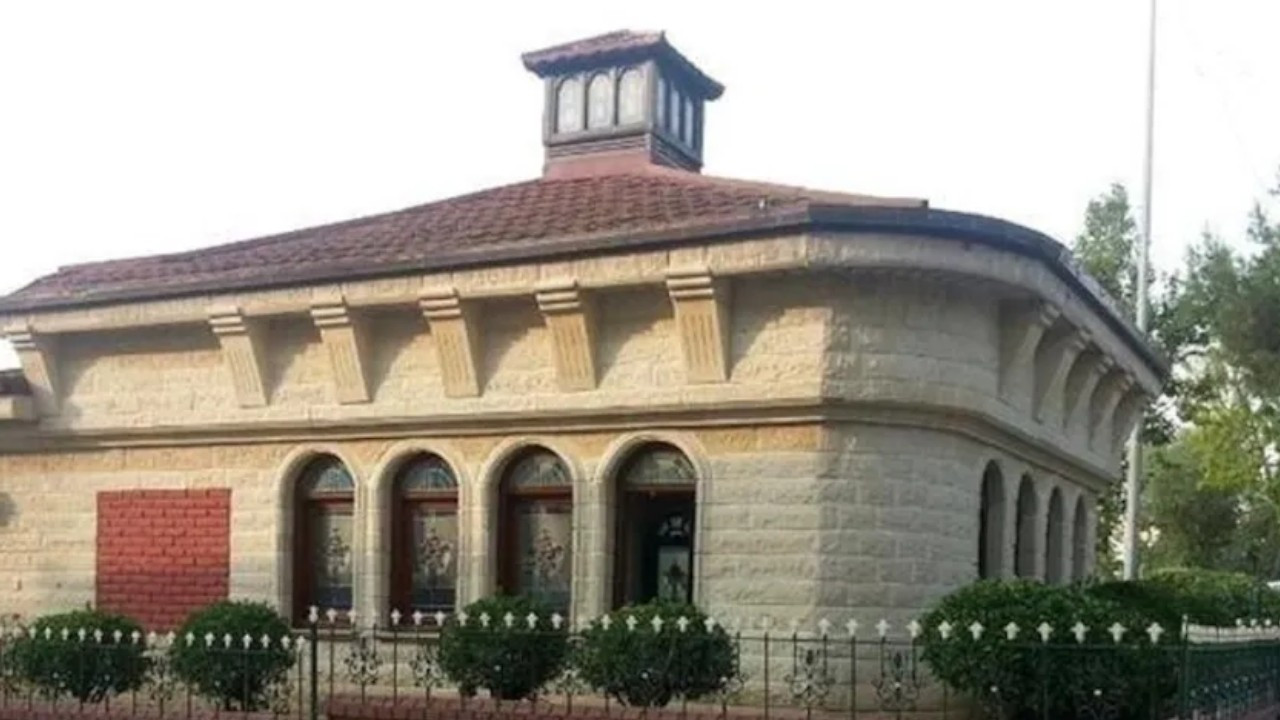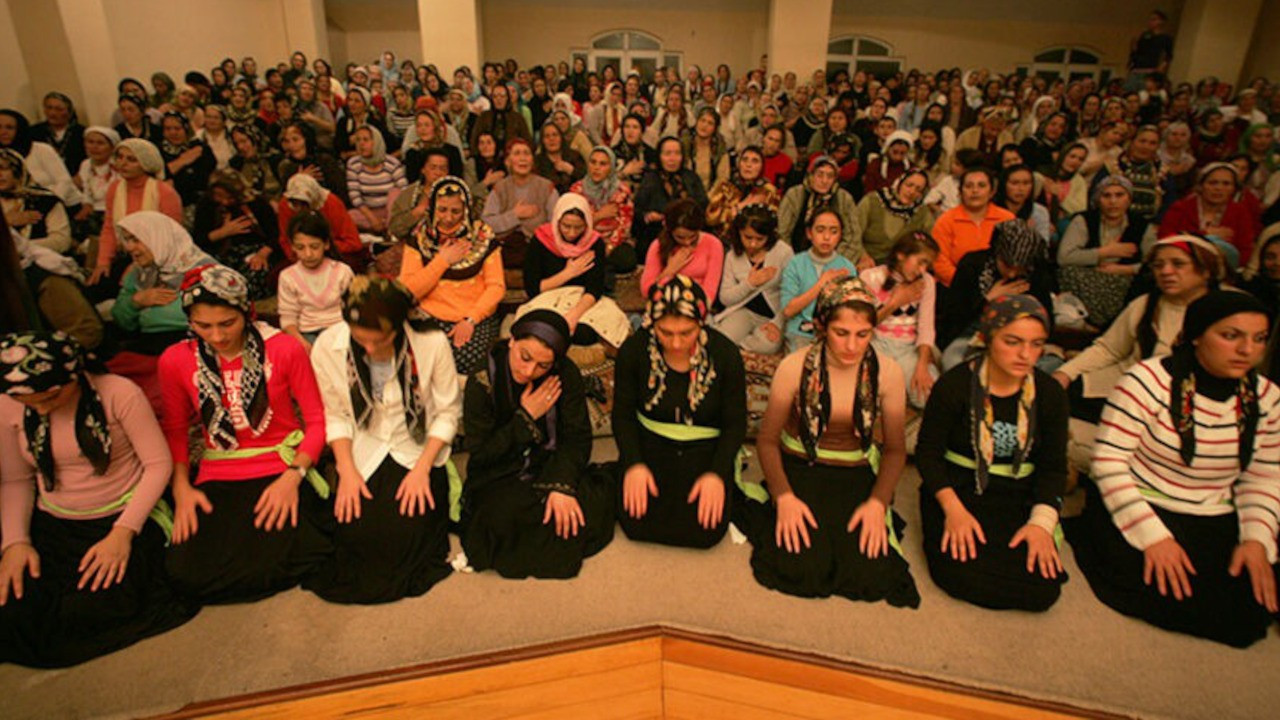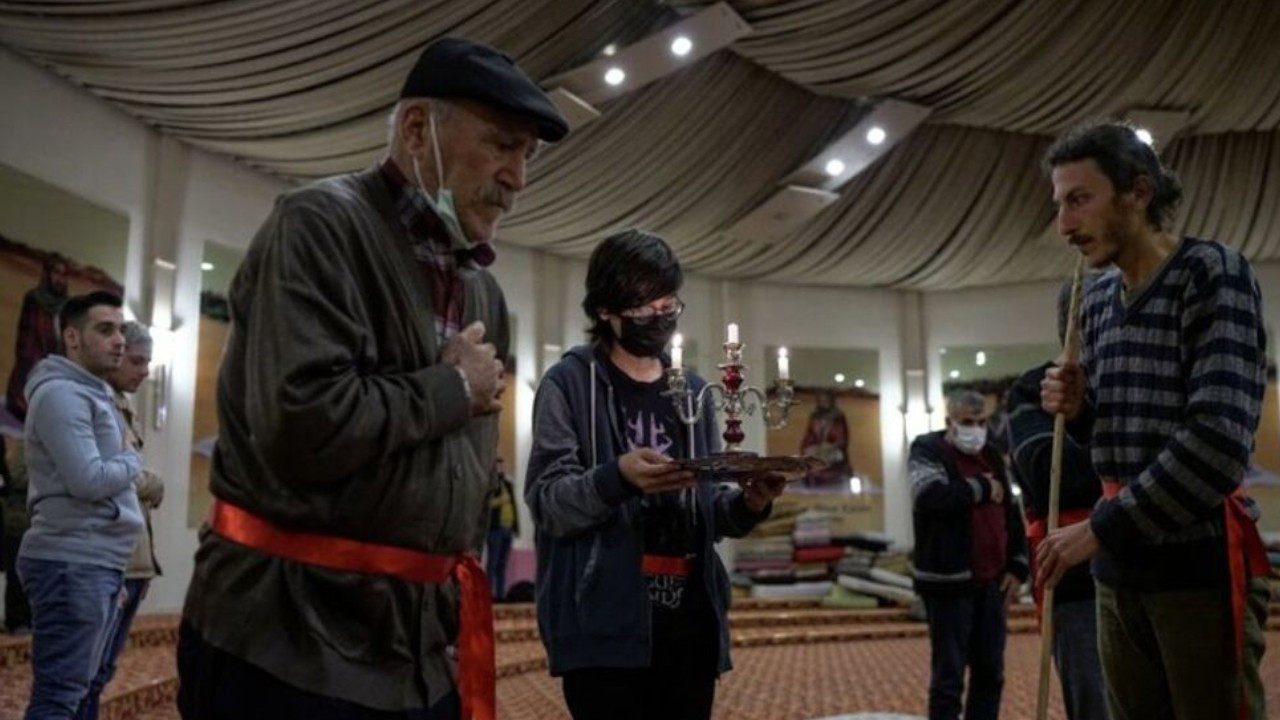Alevi houses of worship demand equal rights, say they will not pay electricity bills
The head of the Federation of Alevi Associations has announced that several cemevis around Turkey will not pay their electricity bills in the face of massive price hikes, demanding that they be granted the same financial support as mosques.
Duvar English
The head of the Federation of Alevi Associations Celal Fırat has announced that several Alevi houses of worship (cemevi) will not pay their electricity bills in the face of massive price hikes.
He said that they will file take the issue to the court. "We will make a collective application to the courts on Wednseday. We want equal citizenship! Come on, cut off our electricity. Our cemevis are places of worship, not business," he tweeted on Feb. 7.
Alevi Dernekleri Federasyonun bileşenleri olarak, elektrik faturalarını ÖDEMEME kararı aldık,Çarşamba günü mahkemelere toplu olarak başvuracağız.
— Celal Fırat (@CelalFrt) February 7, 2022
Eşit yurttaşlık istiyoruz !
Buyrun gelin elektriğimizi kesin.
CEMEVLERİMİZ TİCARETHANE DEĞİL,İBADETHANEMİZDİR. pic.twitter.com/zhups2PfX6
He said that the decision has been so far signed by 22 cemevis, but they expect more cemevis from all over the country to support their move of not paying the bills.
“There is also the decision of the European Court of Human Rights (ECHR) regarding the exemption of cemevis from electricity bills, as in mosques, churches and synagogues. These decisions are not enforced by the [Turkish] courts,” Fırat said.
Last week, Fırat had announced that a cemevi in Istanbul's Küçükçekmece district was deemed a "commercial user" and asked to pay 30,060 Turkish Liras for its electricity use in January.
Alevis make up an estimated 15-25 percent of Turkey’s population, the second main religious group after Sunni Islam. Despite the fundamental differences in religious practices between the two groups, the Turkish government to-date refuses to acknowledge Alevi cemevi as the legitimate place of worship and to grant cemevis the same financial support as mosques. Instead, Turkey claims that cemevi is a cultural entity.

 Electricity company deems cemevi 'commercial user,' overcharges itDomestic
Electricity company deems cemevi 'commercial user,' overcharges itDomestic AKP municipality's plan to build mosque next to cemevi dangerous, opposition warnsDomestic
AKP municipality's plan to build mosque next to cemevi dangerous, opposition warnsDomestic Erdoğan faces uphill bid to woo Turkey's large Alevi minorityHuman Rights
Erdoğan faces uphill bid to woo Turkey's large Alevi minorityHuman Rights